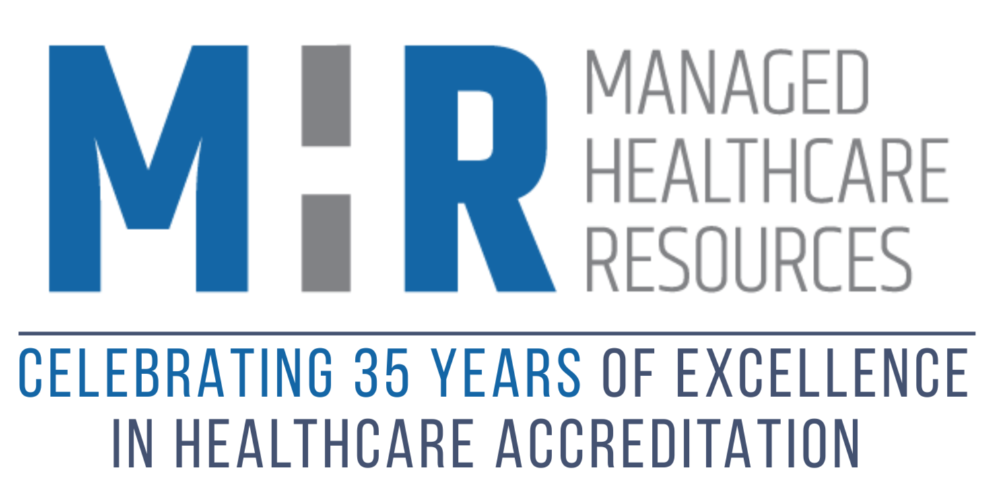
When physicians are highly engaged in enhancing the quality of care and service to your members, better health outcomes and member satisfaction are likely to result. It is incumbent on the organization to consider the physician’s viewpoint when participating in your quality program and to ensure they are trained in quality improvement and analysis. Physicians with expertise in quality add value to your organization.
But first, let’s consider, “What’s in it for them?” Why would physicians, many of whom actively practice in a clinical role or are already members of other committees or quality task forces, agree to a role in your QI program? Some may desire career growth and seek to expand their skills beyond their clinical roles. Working in collaborative multidisciplinary teams to improve quality and safety can help broaden their viewpoints.
Your quality committee, sub-committees, or project teams have a host of opportunities for physicians, such as discussing population health programs and activities for a targeted community, potential interventions on preventive healthcare to boost HEDIS rates, debating barriers to improvement in service, or deciding what could improve members’ experience with your network providers. Getting specific and thoughtful input from physicians and assuring their time is well-spent can help them get excited about quality!
Ask physicians:
- their opinions. Physicians bring insight from various medical disciplines and associations that may lend insight into successful or failed programs or activities.
- their expertise on a topic. When intervening in a clinical area where physicians practice, their insight is highly valued.
- their recommendations. Bringing another viewpoint to the table other than directly from your organization can help guide meaningful interventions.
Assure their time is well-spent by being specific about your requests, such as:
- co-leading a project team on a new clinical practice guideline
- helping to identify barriers among physician practices preventing the advancement of HEDIS measures
- evaluating proposed interventions to help determine if physician practices would participate
- outreaching to certain physician practices on collaborative approaches to access
Physicians may also be interested in other events:
- Would refresher training on quality improvement and analysis benefit their committee participation?
- Would they be willing to speak with a member focus group to gather insight on a particular topic?
- Would they participate in an online seminar for the community?
- Would they be interested in authoring an article for a member newsletter or website?
- Would they be interested in evaluating physician training programs on health equity and identification of health disparities?
Develop a comprehensive plan to onboard physicians to your quality program. Details may include:
- MHR’s Training session on QI and Analysis
- A written agreement between the physician and the organization, mainly if they are not employed by the organization
- Committee structure and reporting relationship
- A description of the roles of the chairperson, committee members, and voting/non-voting members
- Responsibilities such as reviewing and approving program descriptions, quality analyses, and other reports or materials
- Participation in evaluating the results of quality improvement activities, planning and designing initiatives, discussing needed actions, and collaborating with network physicians on interventions
- Expected meeting times, including days and months of the year
- Compensation, if any, and travel expenses
- Contact persons and other committee names
- Access to and confidentiality of corporate materials
- Links for Zoom, Web-Ex or Skype
Sharing relevant data promotes a better understanding among physicians where organizational improvement is needed. The myriad of information may be:
- Populations/demographics
- HEDIS stratified by race and ethnicity
- CAHPS
- Stars
- Complaints
- Grievances
- Appeals
- Network access and availability
- Provider satisfaction surveys
Call to Action:
- Ask physicians about their view of their role in your QI program and the value they have gained in participating
- Determine if there are gaps in training on quality improvement, analysis, and committee responsibilities among your participating physicians, and if so, contact MHR for Training
- Recognize the value each physician brings to your QI program noting their opinions, expertise, recommendations, and collaboration in interventions or events aside from the committees
- Develop a comprehensive onboarding plan as physicians rotate on/off committees



